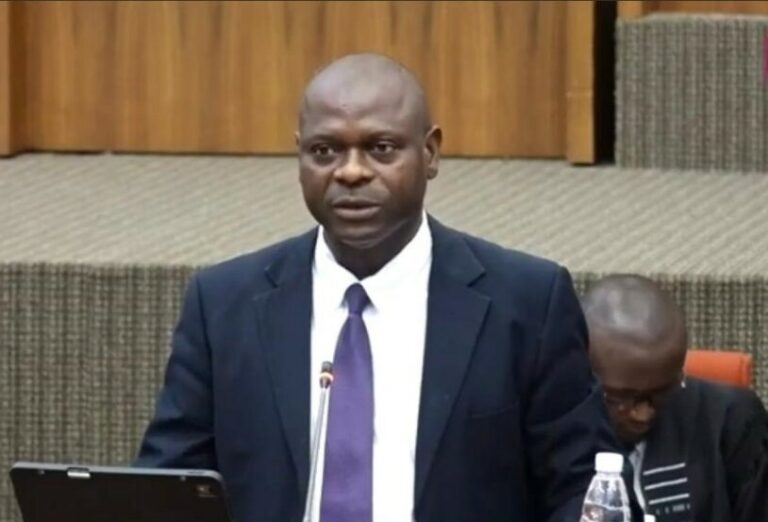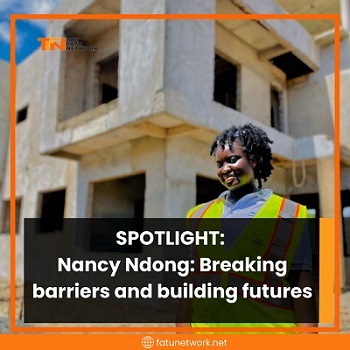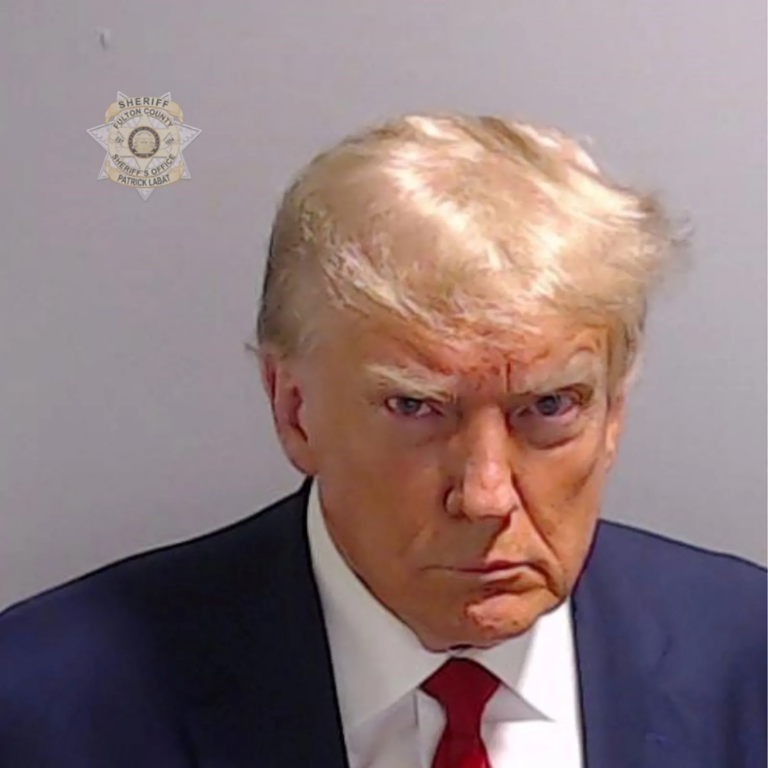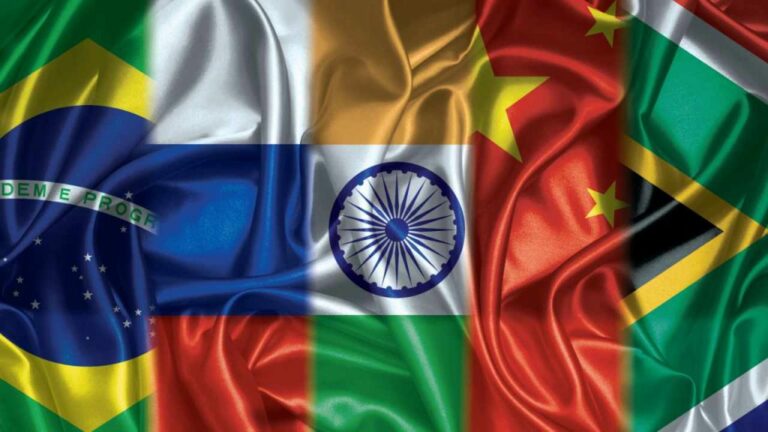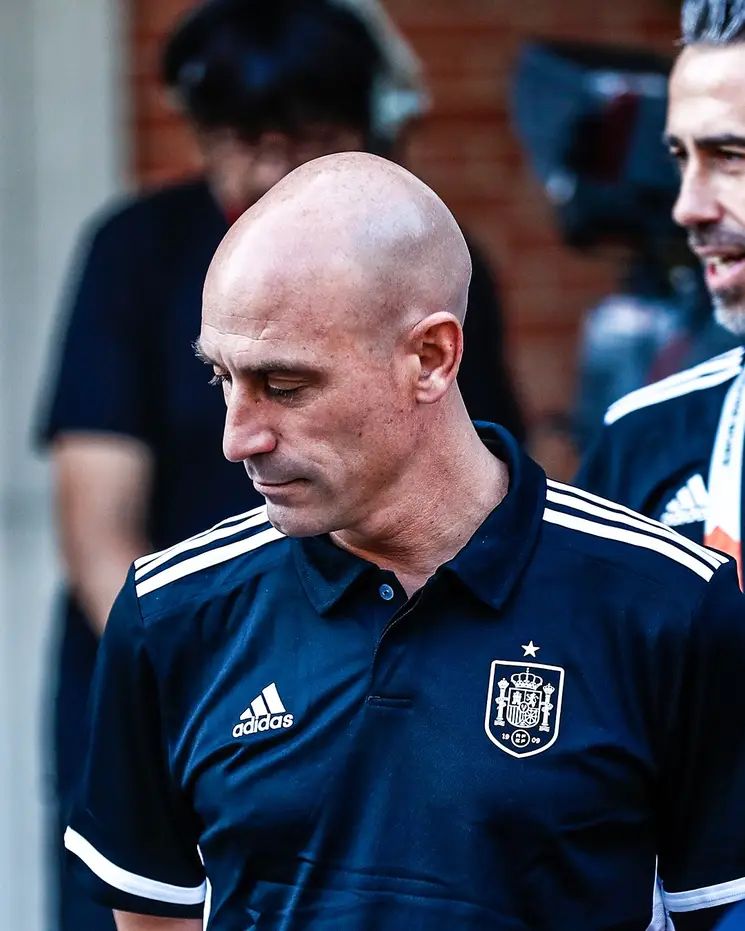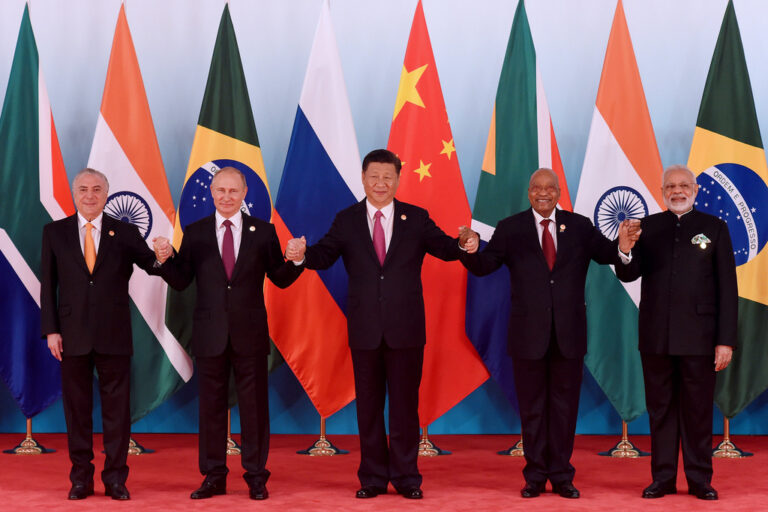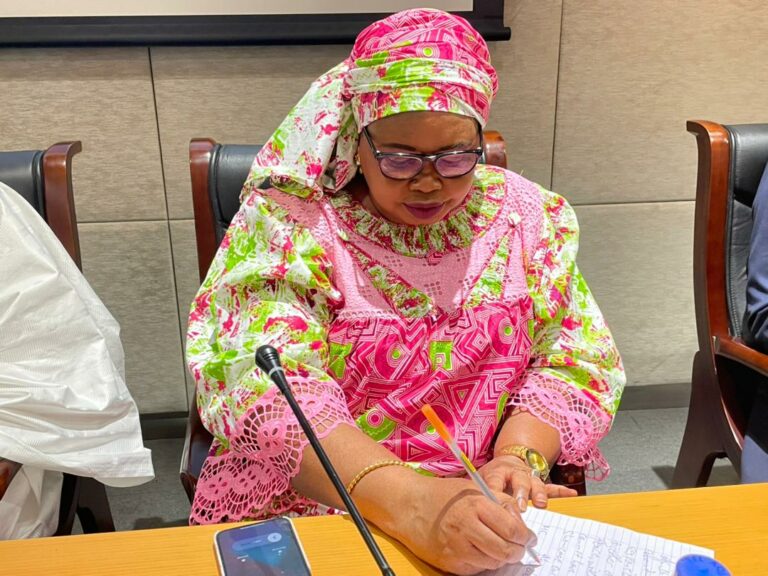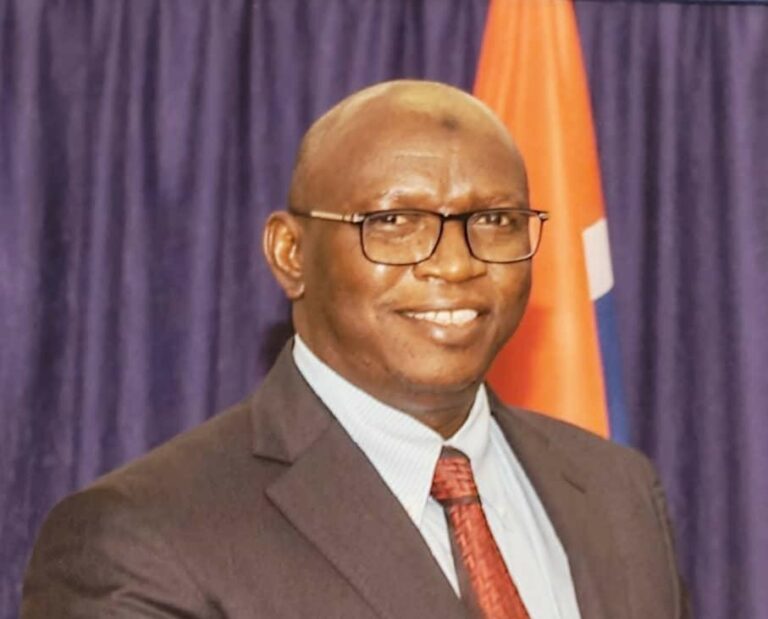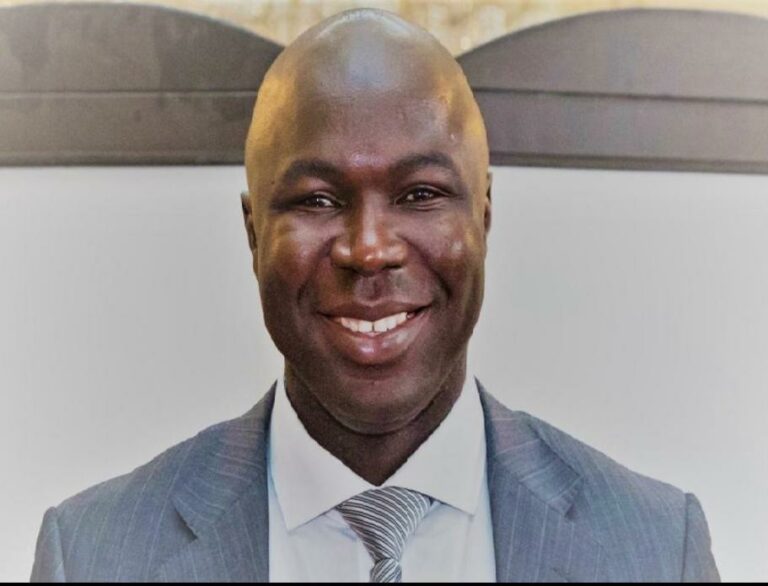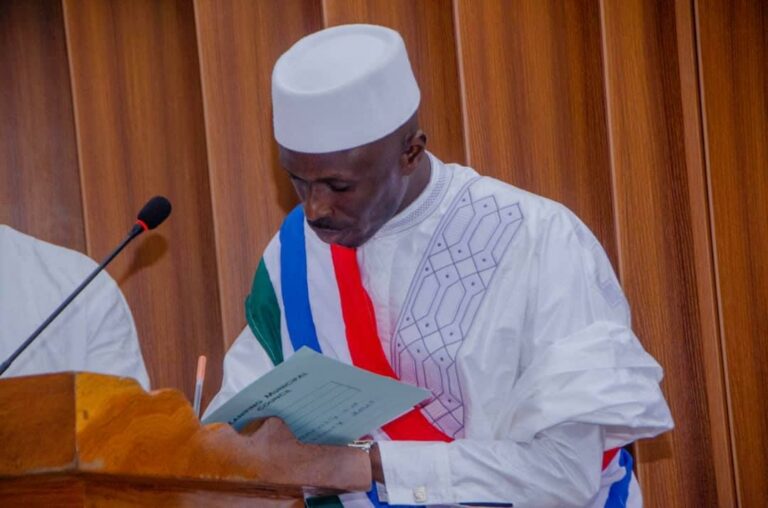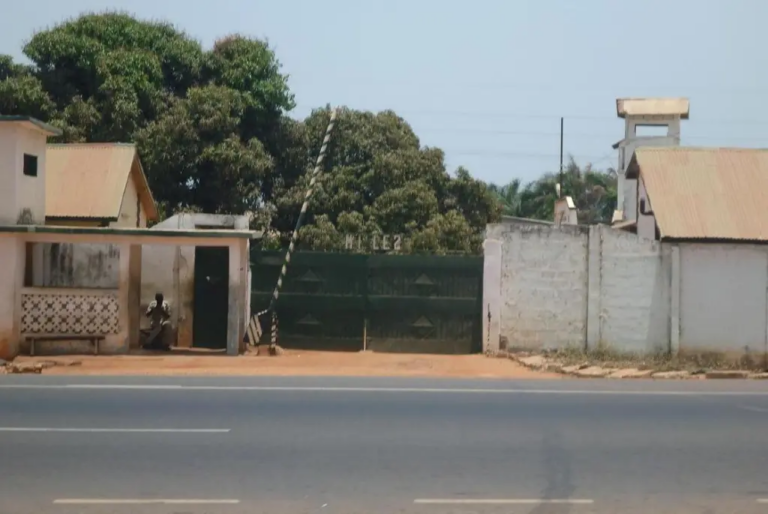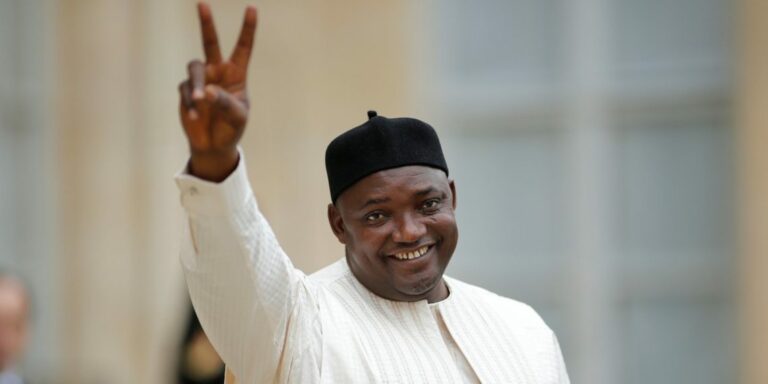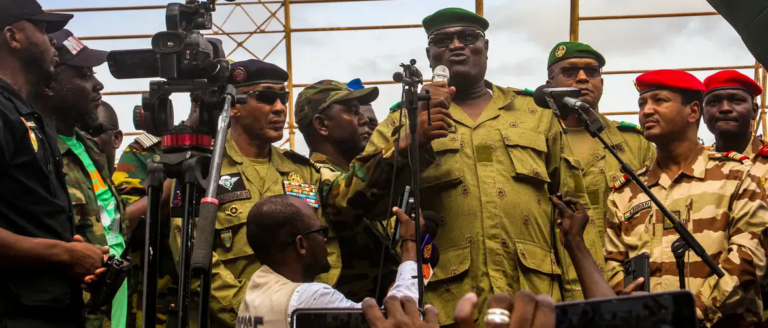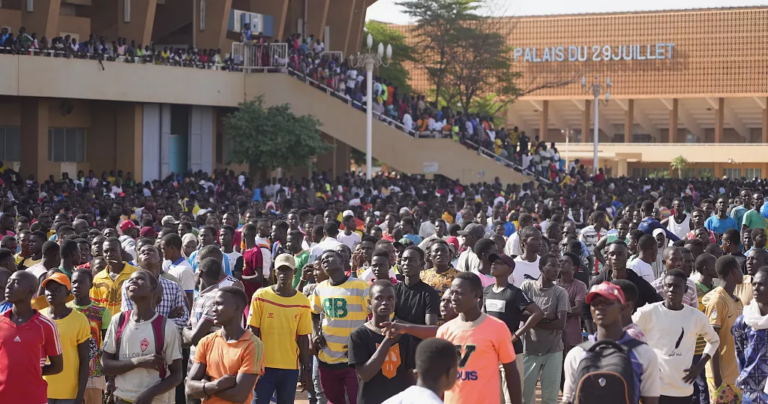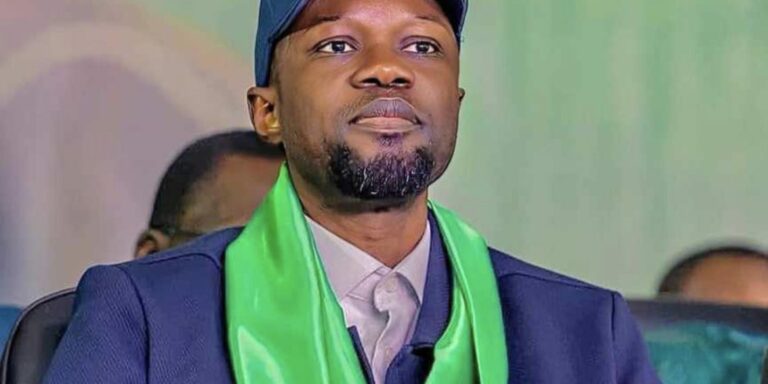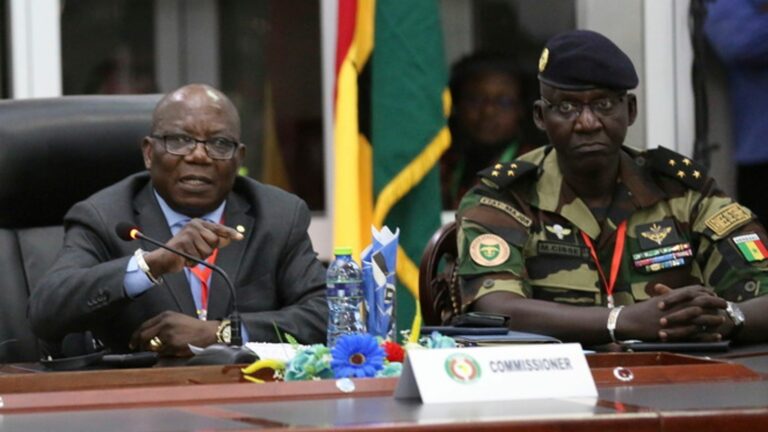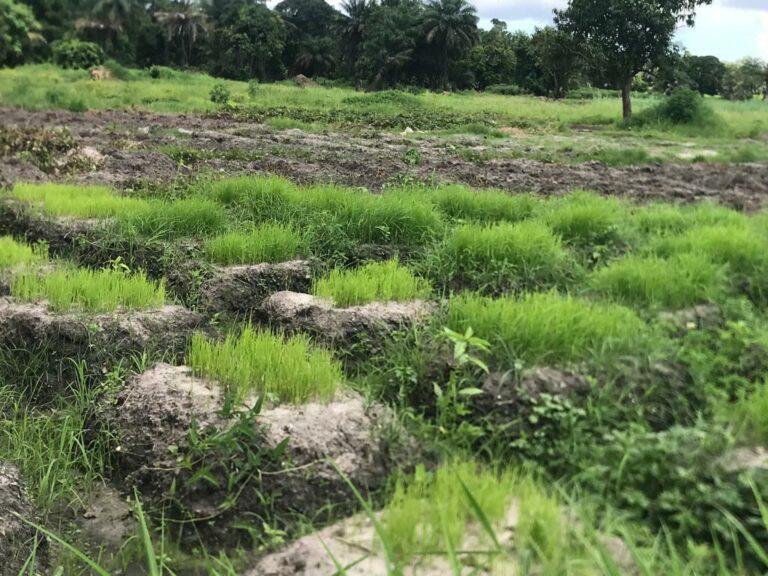By Prof. Raphael Nyarkotey Obu

Bar Exam and Mental Health: Does It Come with the Territory?
My Lady says: “It comes with the territory.” Well, we just completed our Bar Exam at the Gambia Law School. I must confess the past three weeks were like hellfire. The learning philia was on the high in the first week and diminished in the second week. Even before that, the Bar course became so intense that man got exhausted at a point. It got to a point where I had to ask myself what it profits a man to go through all this.
The exam period was like a sprint. Daily exam and man had no option but to sleep for just 2 hours. Every subject matters! But for the Ghanaian students, we had to deal with the course pressure and the economic situation in Ghana.
It is suicidal to think that the foreign students are all coming from rich homes. One told me that he came with the faith that Abraham had in the Bible. Many such students came with Abrahamic faith. They had to battle with their school fees of 8,000 dollars; the bad economic situation in Ghana, and the Gambia living expenses.
A well-furnished accommodation with an internet facility in the Gambia has to cost you about 250 dollars per month for the duration of the program. You will also have to take your transportation, feeding, and many other things into consideration. As you go through this financial crisis, there is also the course pressure to deal with.
In my case, I paid 450 dollars per month for ten months (4,500$). I also budgeted (4,000 $) for feeding, cash power (482$), and transportation (576 $) for nine months. Hence, the total cost is 17,558 $. This is minus the flight fares. Legal education is an expensive venture that needs proper planning.
The mental aspect coupled with stress is not child’s play. Do we need a counselling unit at the Law School? I think so.
Though, let me borrow the words of our advocacy facilitator: “It comes with the territory.” This means you should expect all the nitty-gritty in the legal profession. Though it comes with the territory as My Lady will say, I believe that our mental health matters. It was pathetic and sad when one of my colleagues had to collapse after one of the papers.
I feel it makes sense to examine the mental health toll on law students. Unfortunately, law student mental health statistics paint a sombre picture after I conducted a scooping review in this area.
Statistically, many law students are at risk of suffering from mental health, especially during the Bar exam. I realized that due to mental health issues, students are always happy when a lecturer decides for some reason to cancel or postpone lectures. Besides, so much to consume to become a lawyer in a short month.
So, in this article, I examine law student mental health statistics that highlight the extent of the problem. As with lawyers, law students can better manage their mental health with the right strategies and support.
Depression in the legal profession.
One study by the Dave Nee Foundation, reports that the rates of depression among law students increase progressively throughout law school. In this article, I highlight some of the statistics:
The first is that before entering law school, depression rates among law students are 8-9%. Those rates increase to 27% after one semester, 34% after two semesters, and 40% after three years. Why is this so?
Mike Robinson, (2022) explained this trend. According to him, it has to do with class rankings and examination as the only yardstick to be called to the Bar. He posits that this creates a Darwinian environment of constant competition. In addition, many elements of law school differ from the typical undergraduate experience, such as public speaking, the Socratic teaching method, and a unique style of writing and analysis.
All of this adds up to psychological distress, which often includes depression. This tendency toward depression appears to follow many graduates into their practice years. Lawyers are the most frequently depressed occupational group in the U.S., and they are 3.6 times more likely to suffer from depression than non-attorneys. To solve this problem, the legal industry needs to start with the initial training grounds of legal education.
An initial step for law students is to recognize the signs of depression, which share much in common with the signs of lawyer depression. These include both emotional symptoms, such as a lack of joy and a sense of emptiness, and physical symptoms, such as insomnia and chronic fatigue. They can also look to mental health resources such as those provided by the American Bar Association (ABA) for Law Students.
The second study revealed that 96% of law students suffer from significant stress, compared to 70% of medical students and 43% of graduate students overall. This study is ridiculous at the Bar training level. This justifies my stance that mental health should be taken seriously in African law schools. Specifically, 96% of law students suffer from significant stress, compared to only 70% of medical students and 43% of graduate students in all fields.
Even worse, stress and anxiety continue to affect attorneys throughout their working years. A study by Krill and Anker(2020) found that roughly half of practising lawyers are experiencing symptoms of anxiety and depression. Both law students and lawyers require methods of managing stress. While lawyers may be able to save time and minimize stress with the use of technology, students will likely need other strategies.
The study further notes that over half of the lawyers screened positive for risky drinking, and 30% screened for high-risk hazardous drinking (which is interpreted as alcohol abuse or possible dependence). Also, women are experiencing meaningfully worse mental health than men and are drinking more hazardously. Considering the higher rates of mental health distress experienced by female lawyers, an expected but troubling result is that 1 in 4 women is contemplating leaving the legal profession due to mental health problems, burnout, or stress. 17% of male attorneys report the same thoughts. Wow!
The third statistic for discussion also reported that 42% of law students in a 2016 study conducted by LawyerWellBeing.net, felt they needed mental health counselling, but only half sought it out. Also, nearly 25% of students exhibited behaviours of a drinking problem, but only 4% of those students sought treatment.
Additionally, in a previous study, the ABA (2015) virtually screened approximately 4,000 students at 84 law schools across the country in the US to examine their mental health. The findings revealed:
- 76% of the screened students demonstrated symptoms of generalized anxiety disorder;
- 71% of the students showed signs of depression;
- 43% exhibited symptoms connected to bipolar disorder; and
- 23% demonstrated symptoms of post-traumatic stress disorder (PTSD).
Also, the Harvard Law School gained substantial publicity as student leaders pushed the administration to take a closer look at student mental health. A survey of 886 students revealed:
- 25% of respondents reported suffering from depression;
- 24% of students suffered from anxiety;
- 20% of students reported a heightened risk of suicide;
- 66% of students said their mental health ailments started as a result of law school; and
- Only 8% of students said they would feel comfortable discussing their mental health with a faculty member.
Harvard’s student body heavily promoted the results of their study and offered a call to action among Harvard Law’s administration and the legal community nationwide.
In addition to urging Harvard to reveal the full report of the study and hire full-time therapists, the students draw attention to the questionable practice of the National Council of Bar Examiners (NCBE). The NCBE allows states to require a character and health assessment that could reveal whether or not a student has had a mental health diagnosis. Though the US Justice Department restricted detailed mental health reports in 2013, some states are believed to consider mental health assessments before administering law licenses. This means mental health programs should be addressed in our law schools in Africa.
Also, 6% of law students reported suicidal thoughts in the prior year. This is interesting. However, some of these issues could also be plugged into family issues. I noticed some of the students at the law school were facing some of them when you engaged them.
Suicidal ideation is one of the most dangerous aspects of poor mental health. The American Bar Association’s same study on law students’ well-being in 2014 found that 21% of students reported serious thoughts of suicide in their lifetimes, with 6% reporting suicidal thoughts in the previous year.
As with other mental health issues, this tendency toward suicidal ideation spills into the legal profession as a whole. Among the occupations with the highest rates of suicide, attorneys rank 5th. The trend toward suicidal ideation needs to be addressed at the law school level.
Finally, 20-40% of law students have a psychological dysfunction after law school. So how do we deal with these mental health issues in law students at the Bar school? Let us debate and propose a call to action to be addressed to improve the quality of life of law students.
Professor Raphael Nyarkotey Obu is a full Professor of Holistic Medicine. President, Nyarkotey University College of Holistic Medicine & Technology, Ghana. He recently took the Bar Exams at the Gambia Law School, Banjul.
This article aims to create mental health awareness in Bar students and to make a call to Action.

